Movie Review – Deep Impact
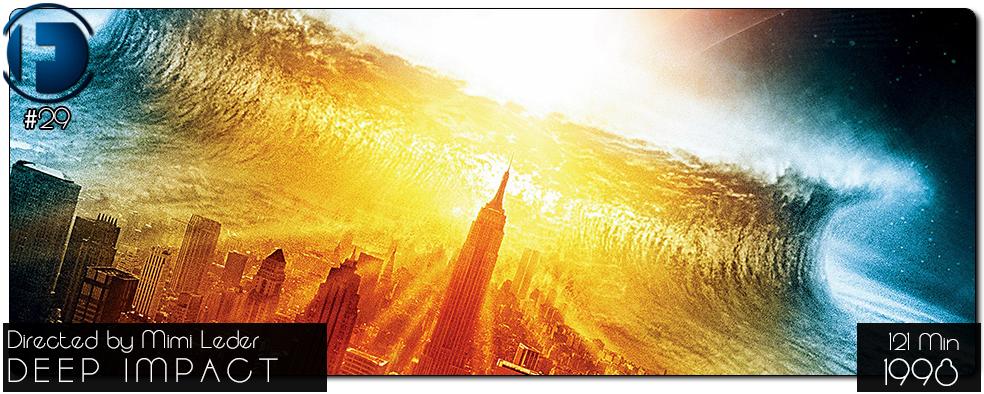
Principal Cast : Tea Leoni, Morgan Freeman, Robert Duvall, James Cromwell, Ron Eldard, Jon Favreau, Derek de Lint, Vanessa Regrave, Maximilian Schell, Aleksandr Baluev, Mary McCormack, Blair Underwood, Kimberley Huie, Kurtwood Smith, O’Neal Compton, Francis X McCarthy, Rya Kihlstedy, Elijah Wood, Leelee Sobieski, Mark Moses, Dougray Scott, Bruce Weitz, Denise Crosby, Richard Schiff, Charles Martin Smith, Gary Werntz, Betsy Brantley.
Synopsis: A comet is discovered to be on a collision course with Earth. As doomsday nears, the human race prepares for the worst.
******
Destroying the world often comes in handy for filmmakers. As a surefire way of getting bums on seats in cineplexes, the destruction (or imminent destruction) of our home world ranks alongside the best car chases and shoot-’em-ups. Films such as When Worlds Collide proved especially popular in the ’50s and ’60s, during the Cold War era, along with numerous films of apocalyptic devastation. Titles like Earthquake, War of the Worlds, and even Plan Nine from Outer Space explored world-ending threats, delivering escapist entertainment to audiences eager for spectacle.
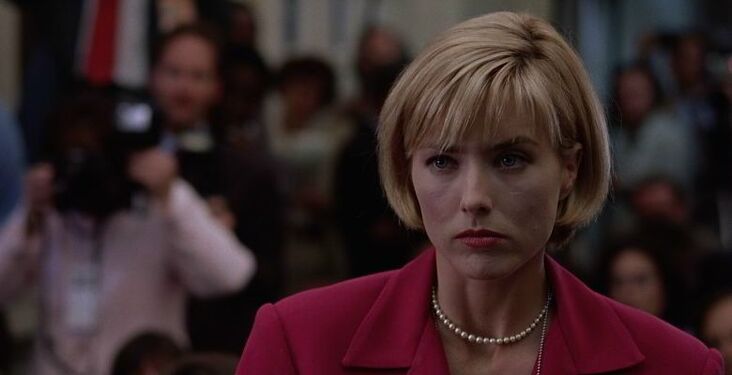
With the advent of digital special effects, disaster films have become cheaper to make and more visually spectacular, making them even more appealing to audiences. By the mid-’90s, Independence Day had reinvigorated the end-of-the-world genre with a modern pop-culture twist. Then, in the summer of 1998, Deep Impact arrived as DreamWorks Pictures’ second release, helmed by Mimi Leder. This film took a serious approach to the “asteroid about to hit Earth” trope, focusing more on the human and emotional cost of global catastrophe rather than bombastic spectacle.
Leder, who had previously directed The Peacemaker, took a measured approach to the enormity of planetary destruction. While her action sequences lacked a certain dynamism, her ability to convey a staggering sense of disbelief and awe was commendable. Deep Impact features a well-chosen cast, avoiding the kind of flashy stunt casting that often plagues big-budget blockbusters. The characters feel grounded in the most unreal scenario imaginable, lending the film an air of credibility.
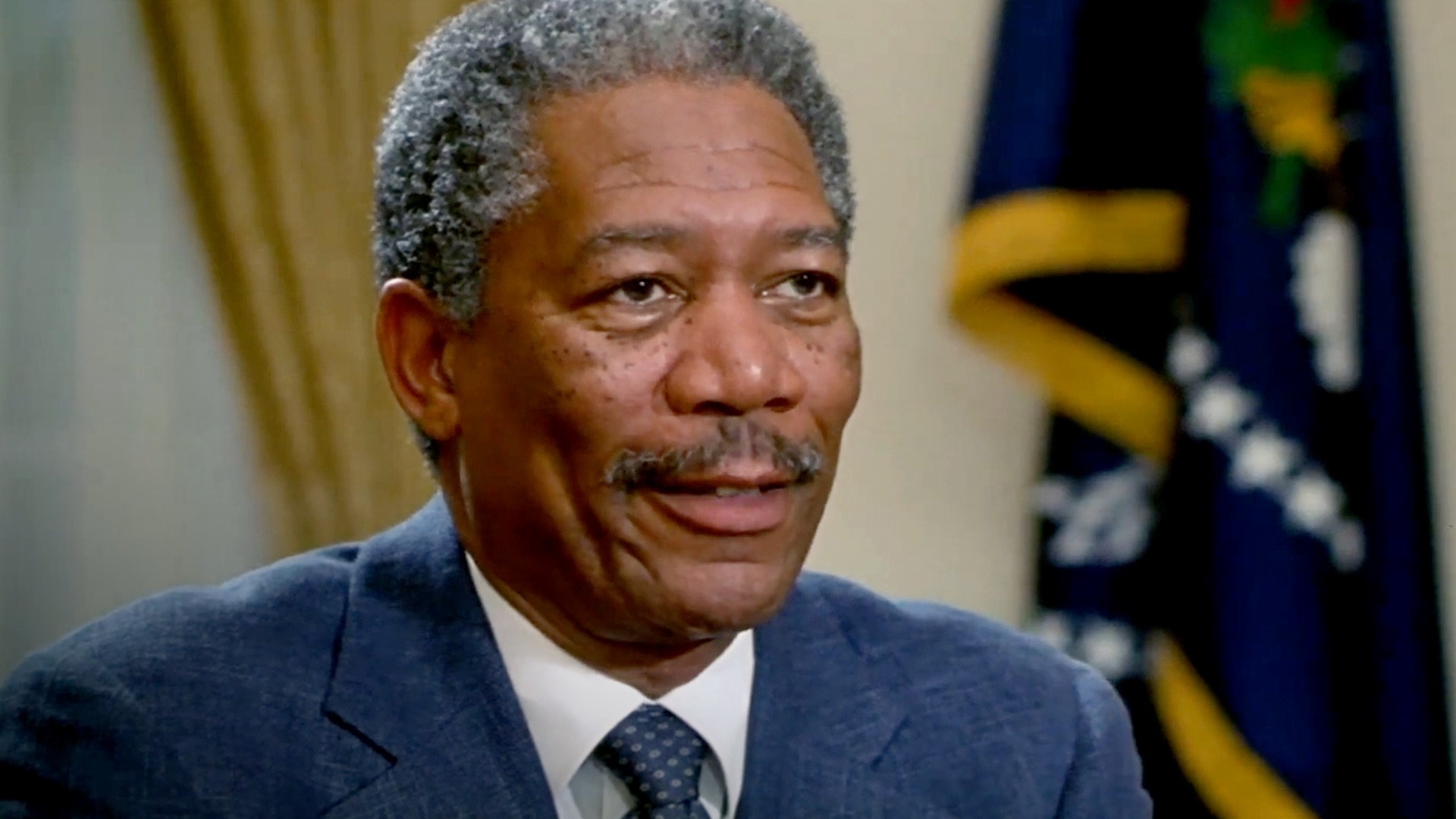
The story follows Téa Leoni as an investigative reporter who stumbles upon a conspiracy involving the White House’s efforts to keep news of the incoming asteroid under wraps for as long as possible. Unfortunately, Leoni’s performance is perhaps the weakest link in the film. Her character’s nosiness and dogged pursuit of the truth make her somewhat unlikable, and her overall performance lacks the charisma needed to anchor such a film. While Leoni later proved her acting chops in Spanglish, here she struggles to shoulder the responsibility of leading the ensemble.
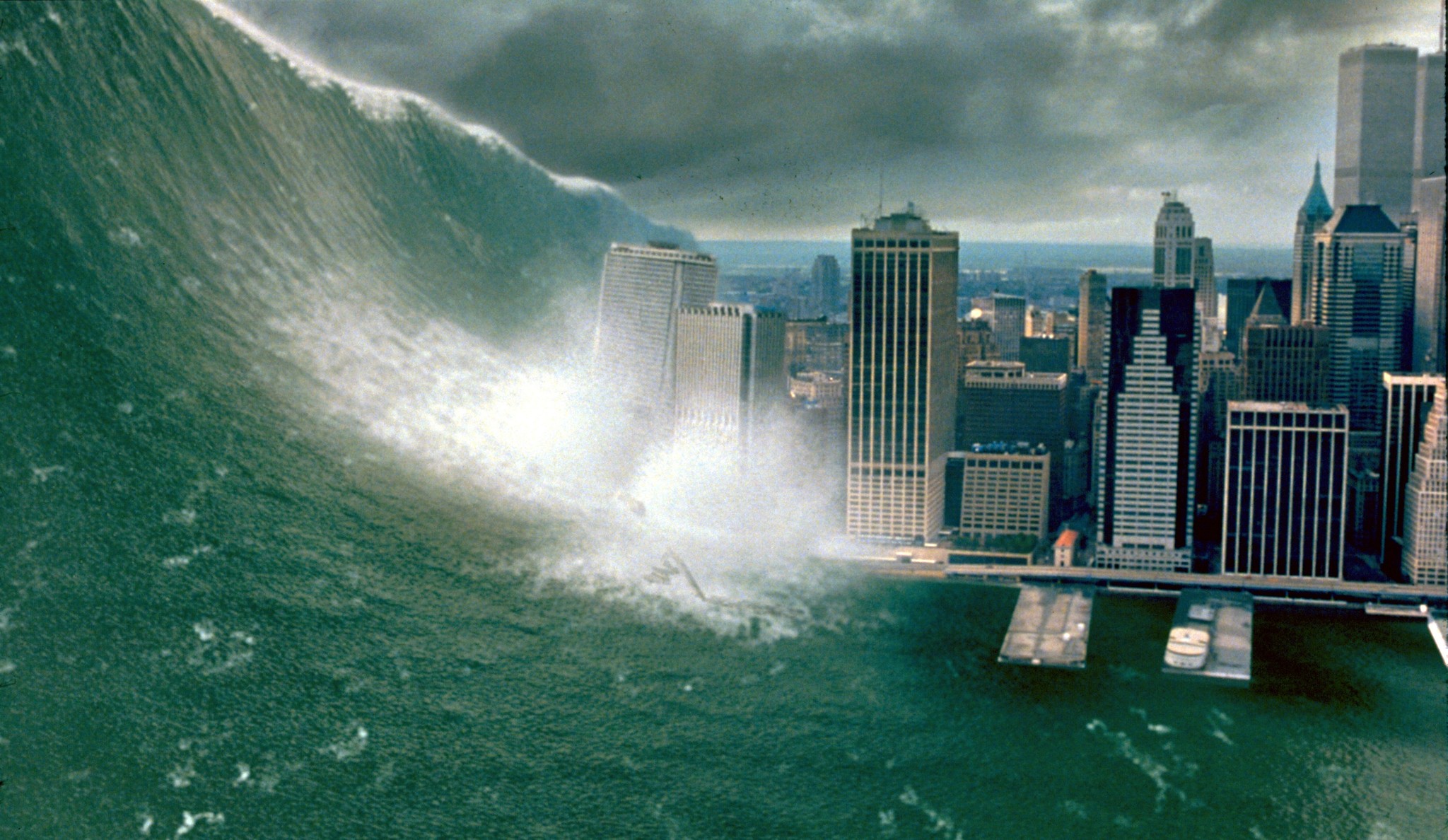
Morgan Freeman, playing the U.S. President, delivers a commanding performance, radiating calm authority as he tries to manage public panic. The film explores the desperate measures governments would take to ensure the survival of the human race, though its focus remains largely American-centric. Given Steven Spielberg’s involvement as a producer, it’s surprising that the global perspective isn’t explored more deeply.
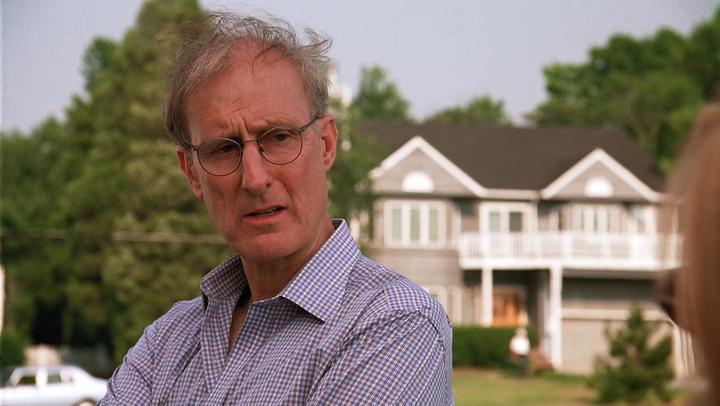
Elijah Wood, fresh from his early Hollywood years, plays a teenage astronomer who discovers the asteroid. His character represents the younger generation’s hope for humanity, though Wood’s performance, while earnest, lacks the depth to fully resonate. His storyline intertwines with that of Leelee Sobieski, playing his girlfriend who hesitates to leave her doomed family behind. Their subplot provides emotional weight but never quite reaches the level of genuine poignancy the film seems to strive for.
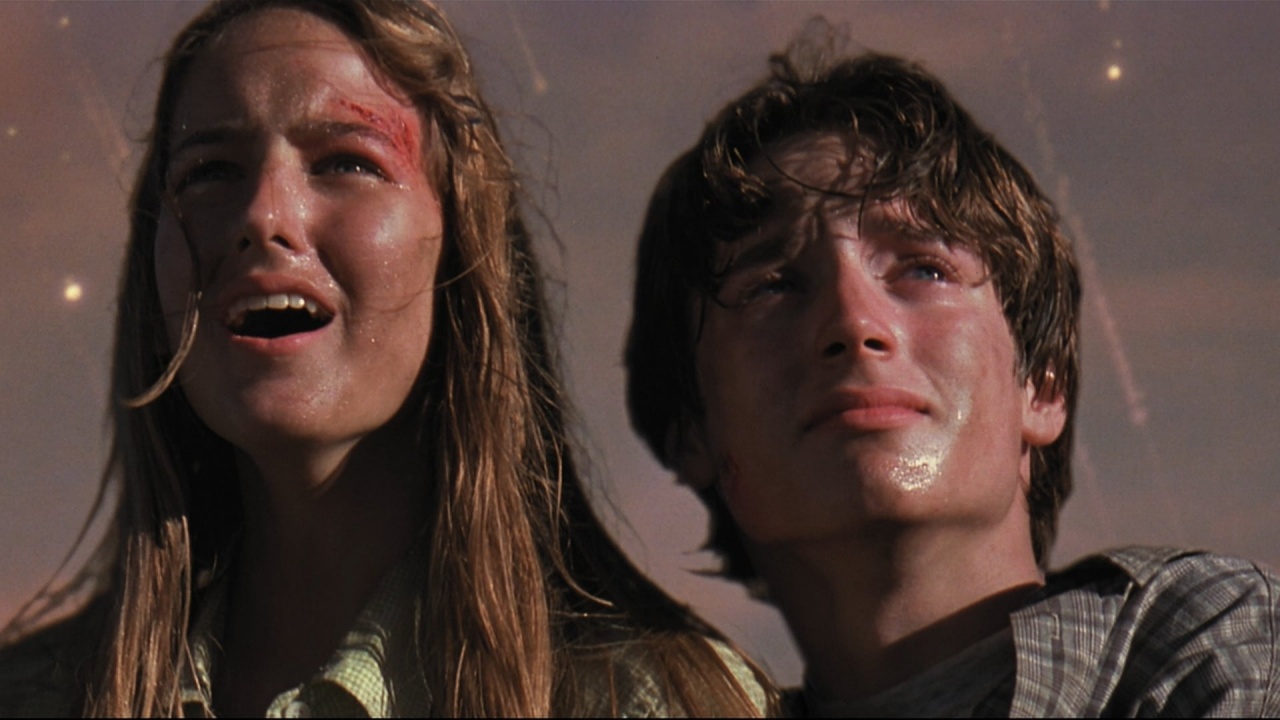
Robert Duvall plays an aging astronaut sent into space as part of a last-ditch effort to destroy the asteroid. His presence adds a level of gravitas to the space-bound sequences, though the film takes some notable scientific liberties. The young astronauts initially dismiss him as irrelevant, only to predictably change their tune by the film’s climax. Duvall is the film’s classiest performer, elevating even the weaker moments with his sincere delivery.
Visually, Deep Impact was state-of-the-art in 1998, though some of its effects—particularly the massive tsunami sequence—have not aged well. Compared to more recent disaster spectacles, the CGI now appears dated, but at the time, it effectively conveyed the scale of destruction. The film’s most striking moments, such as the asteroid fragment’s impact and the emotional sacrifices made by key characters, remain powerful despite technical shortcomings.
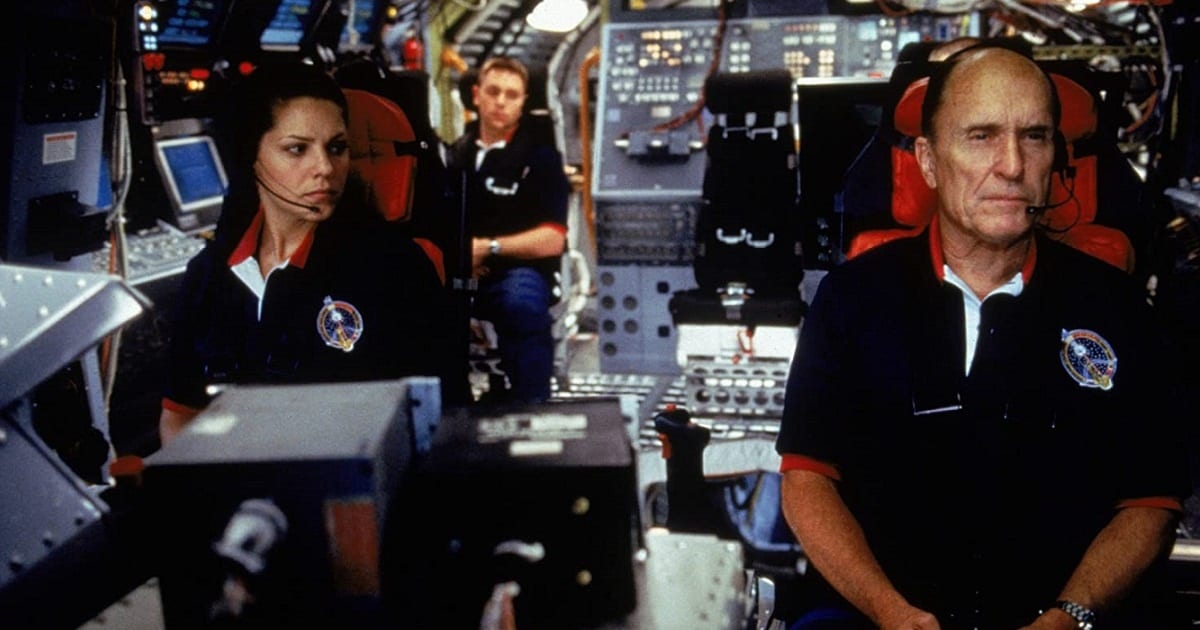
For all its faults, Deep Impact is an earnest and well-crafted disaster film that attempts to provoke discussion about humanity’s resilience in the face of impending doom. While not as rewatchable as some of its genre counterparts, it remains a compelling exploration of what it means to prepare for the unthinkable.

Just found your review and enjoyed it. We have posted ours on MOVIE SMACKDOWN and have come to a similar conclusion. There's a poll, too, if you and your readers want to participate.
Thanks Bryce, I'm heading there now to check it out!!!